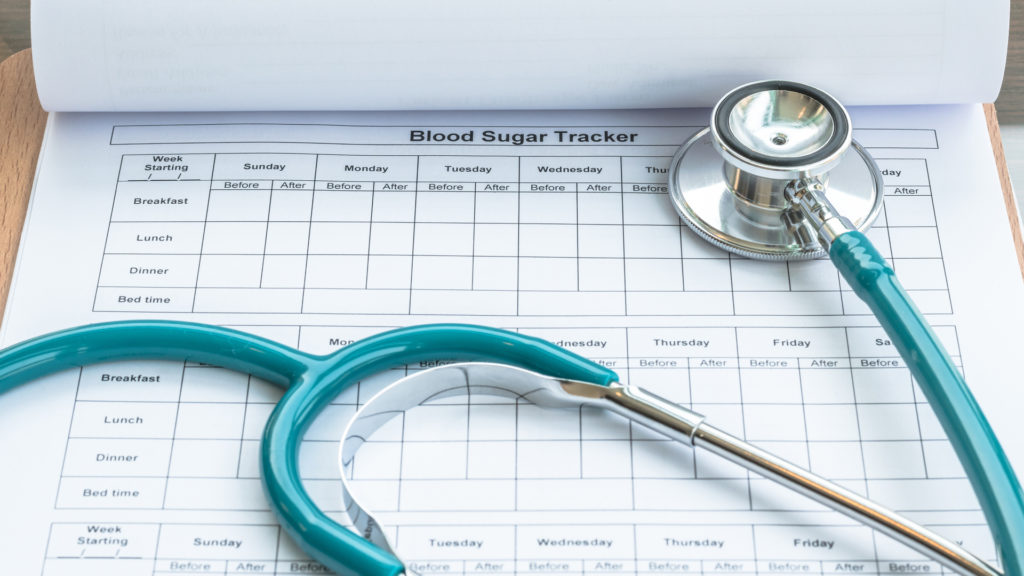The pressure we experience on a daily basis in veterinary practice can be positive and turn into motivation or it can be negative and become a potential stress factor. How we deal with it and our resilience will be key in preventing it from becoming a cause of stress and burnout.
The American Psychological Association dictionary defines pressure as “excessive or stressful demands, imagined or real, made on an individual to think, feel, or act in particular ways. The experience of pressure is often the source of cognitive and affective discomfort or disorder, as well as of maladaptive coping strategies, the correction of which may be a mediating or end goal in psychotherapy.”
We have highlighted imagined or real because there are two types of pressure: the one we impose on ourselves and the one imposed on us from the outside. The degree of intensity with which we perceive both pressures can be, as the definition says, a source of discomfort and provoke anxiety and stress.
Pressure can occur in different settings: family, social and work. The latter is the one that concerns us in this article and we are going to explain when it’s positive and when it becomes negative.
Positive pressure is pressure that gives us confidence
An example of positive pressure is pressure that encourages us to take initiative and gives us confidence. For example, when a more experienced or senior colleague says, “You go ahead and do it. You can do it.” Imagine the situation: when you are hesitating to do an ultrasound-guided puncture, a complex bandage or to handle the endoscope. In this case we receive support and an extra dose of confidence to act.
This kind of pressure promotes job performance and motivates us to work more efficiently and accurately.
Positive pressure is what drives us and gives us the confidence to take action.
The importance of how we perceive pressure

Pressure in a veterinary practice can become negative when we have to work under adverse conditions like reduced time or task overload while maintaining efficiency. The workload and the complex nature of the work in a clinic, the short consultation time, etc., are ideal adverse conditions for developing a negative perception of pressure. The study “Can you handle the pressure?” showed that some people cope better with a certain degree of pressure at work and others don’t find it difficult to cope with stress. Why?
The way we perceive our environment and our resilience determines whether pressure is positive or stressful.
The way we perceive the pressure that we work under is very much influenced by our mind. It’s often related to our sense of duty and vocation, but can also be dictated by insecurity, anxiety, fear, anger and other emotions.
Internal pressure can be positive when we can see the objective facts (accumulation of visits and surgeries, the anxiety of on-call duty…) with a certain objectivity and integrate them into our day-to-day life. In this case our demands are focused on achieving something we want or maintaining what we value. In this case, the work pressure is positive.
Negative pressure is when adverse working conditions are coupled with a high level of self-imposed pressure to be perfect.
The same circumstances can become negative when we put pressure on ourselves to be “perfect” or to achieve things we don’t really want to achieve, but which are imposed on us from the outside. This can easily happen when we have less experience and work in a high profile centre or when we are doing a specialisation such as an internship or residency where the degree of demand is really very high.
This can be compounded by a psychological profile common in healthcare workers, which corresponds to “demanding and perfectionist people, with low frustration tolerance and who don’t want to let others down”, as defined by psychologists. In these cases, accepting error or failure as something human and accepting it as something that will happen from time to time in the profession, as Dr. Luis Feo, Diplomate in Internal Medicine, tells us in the Vet Voices section, is an essential requirement to manage pressure well and prevent it from becoming a stress factor.
Adapting to pressure by improving our resilience

Veterinary practice is emotionally tough due to the number of critical decisions that must be made throughout the day, high scientific standards, contact with the public, difficulty in work-life balance, etc.
Increasing resilience will help us to improve our ability to adapt to stress.
We have to see the circumstances surrounding the profession as neutral, neither positive nor negative. We are the ones who make them into something constructive or destructive. The way we adapt to them will be conditioned by our resilience: pressure can be something totally limiting and generate unbearable stress that leads us to throw in the towel, or it can become a constructive trigger.
Learn how to be more resilient in order to better manage the stress of your day-to-day life. You will find a lot of useful information in the article 7 Tips to Boost Resilience in Vets and Vet Techs When Facing Stress. You will also find tips on how to manage stress in Learn How to Manage Stress to Avoid Burnout.
References:
- Marie S. Mitchell, Rebecca L. Greenbaum, Ryan M. Vogel, Mary B. Mawritz, and David J. Keating, 2019: Can You Handle the Pressure? The Effect of Performance Pressure on Stress Appraisals, Self-regulation, and Behavior. AMJ, 62, 531–552, https://doi.org/10.5465/amj.2016.0646
- American Psychological Association. APA Dictionary of Psychology. https://dictionary.apa.org/
- MAPSICOLOGOS. La presión autoimpuesta. En https://mapsicologos.com/2020/11/12/la-presion-autoimpuesta/







